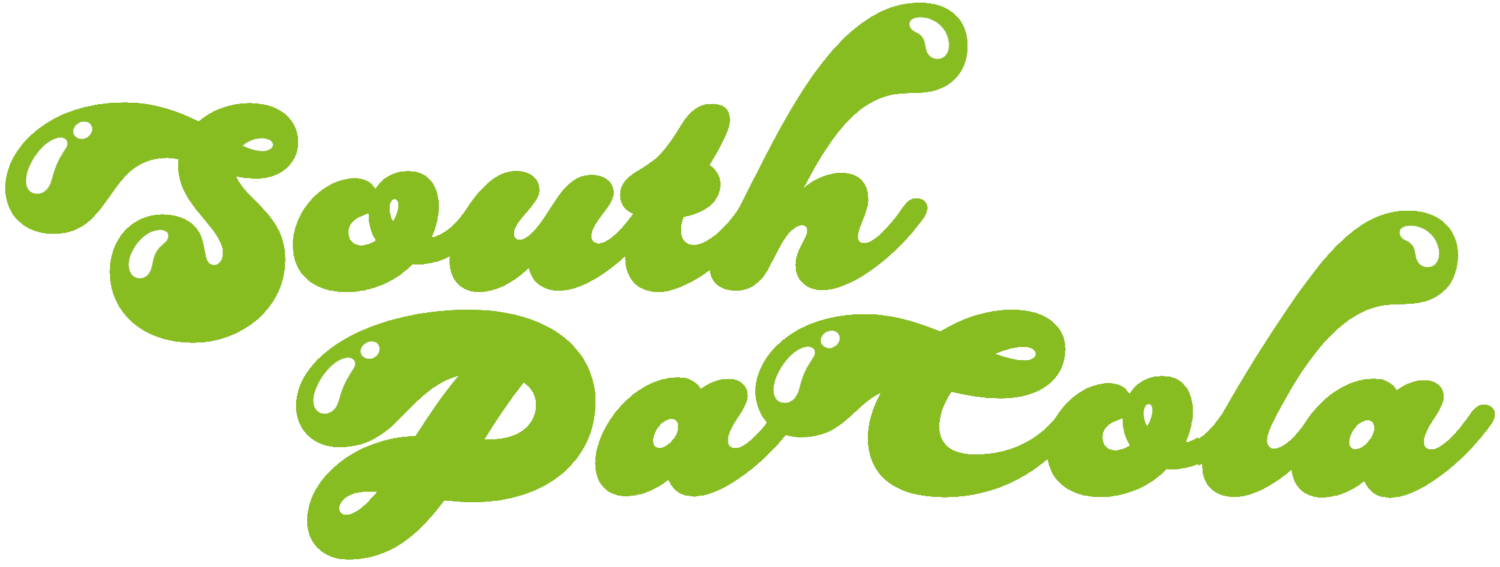I have often said many of these problems could be fixed if we would just make our liquor licenses similiar to malt beverage licenses and charge a yearly rate like many other states do;
The city of Sioux Falls has been waiting for more than a year to be paid $310,000 for two coveted liquor licenses, but no city ordinance exists to force business owners to pay up in a timely manner – something city officials say they want to review.
I also find it ironic that two businesses can sit on a license this long without them being revoked, while the city spends thousands of dollars chasing down a private citizen for having a piece of cement they don’t like. Where is the justice? I think it is pretty simple, if you don’t pay for the license, fucking yank it and give it to someone who is willing to pay for it. This ain’t rocket science, just simple accounting.


City civil procedures are not recognized by courts. They do not allow appeals and cannot appeal themselves for fees or fines.
In other words, if they yank a license they can’t stop someone from selling. A liquor license is not worth anything if anybody can sell.
Restore democracy and permits, fees, and fines can be legally collected and enforced.
There is no reason it should cost that much for a damned liquor license. The only justification I’ve heard for it is that people who already forked over six figures for one would be mad.
There is an easy solution for that. Let’s say you paid $100,000 for your license and a yearly license cost $10,000. Then you could be exempt for 10 years. Fixed.
Except when you bought yours you were told it was more valuable because they didn’t hand them out as often as speeding tickets. Thus the law of supply and demand tells you that as the city grows, that license continues to be worth more and more and increases in value.
Not to mention when they bought them they were told it was a one time expense. For the city to change the rules later isn’t exactly cool.
The only way most businesses would be ok with this would be if the city refunded the full purchase price plus a certain percentage for each year the license was owned (as the current licenses are in fact investments as they have typically apprecaited in value each year).
Then once they did that they could start charging a yearly fee to have such a license… but even then I’m sure a number of owners would complain about it since there was somewhat of an exclusivity to the licenses – so they don’t want just anyone to have one as it diminishes their value.
That being said, if someone doesn’t pay for their license within 60 days it should be pulled and sold to someone else. The fact two people have been stringing the city along for over a year is insane.
Give them a few years exempt from the yearly fee, and that initial license can be depreciated as a typical expense.
The city doesn’t refund anything.
Post 2008, anyone who pays (fines, fees, permits, licenses) is a fool. The city ignores SD civil procedures and courts will not allow them a judgement or lien.
Those who haven’t paid do not owe and will not start owing until an accepted form of government is reinstated and tested in the courts. If you do pay, it’s a self-imposed admission of guilt you can’t get back.
Presently, the city is officially a dictatorship with no rule of law. Several court cases have proved so.
Except when you bought yours you were told it was more valuable because they didn’t hand them out as often as speeding tickets. Thus the law of supply and demand tells you that as the city grows, that license continues to be worth more and more and increases in value.
Liquor licenses should not be treated like a commodity. They should simply be a license that allows a place to serve liquor on the premises, and an understanding that they will follow the rules.
Yeah, can I horde license plates and sell them to the highest bidder?